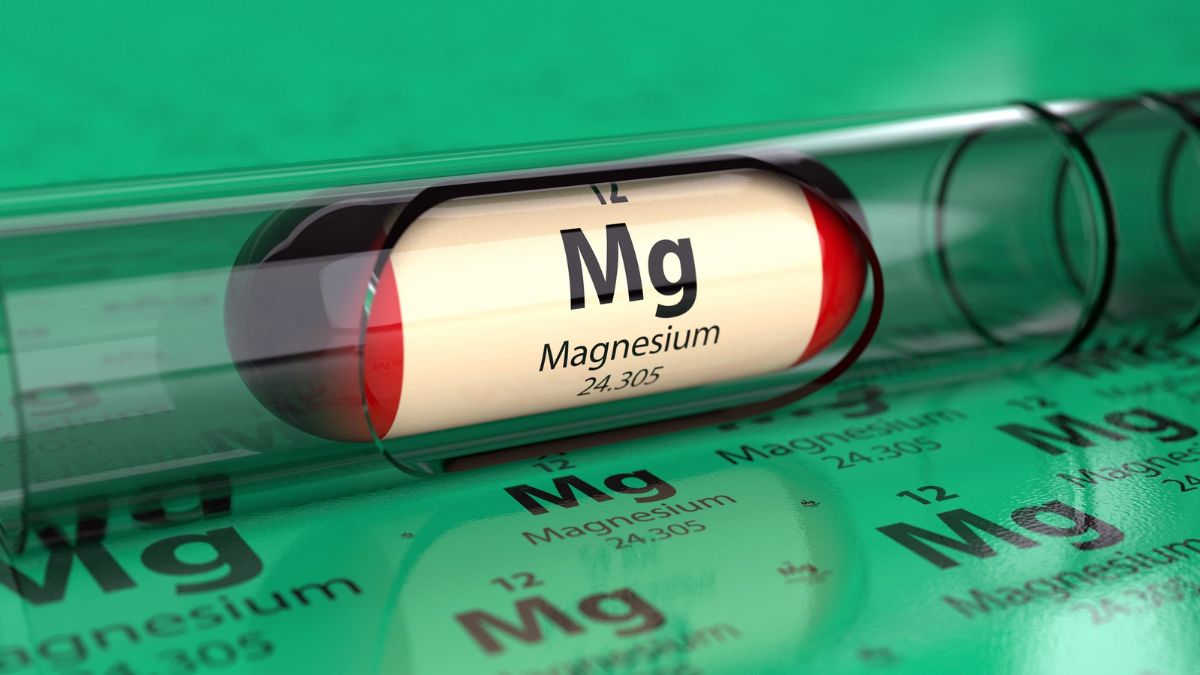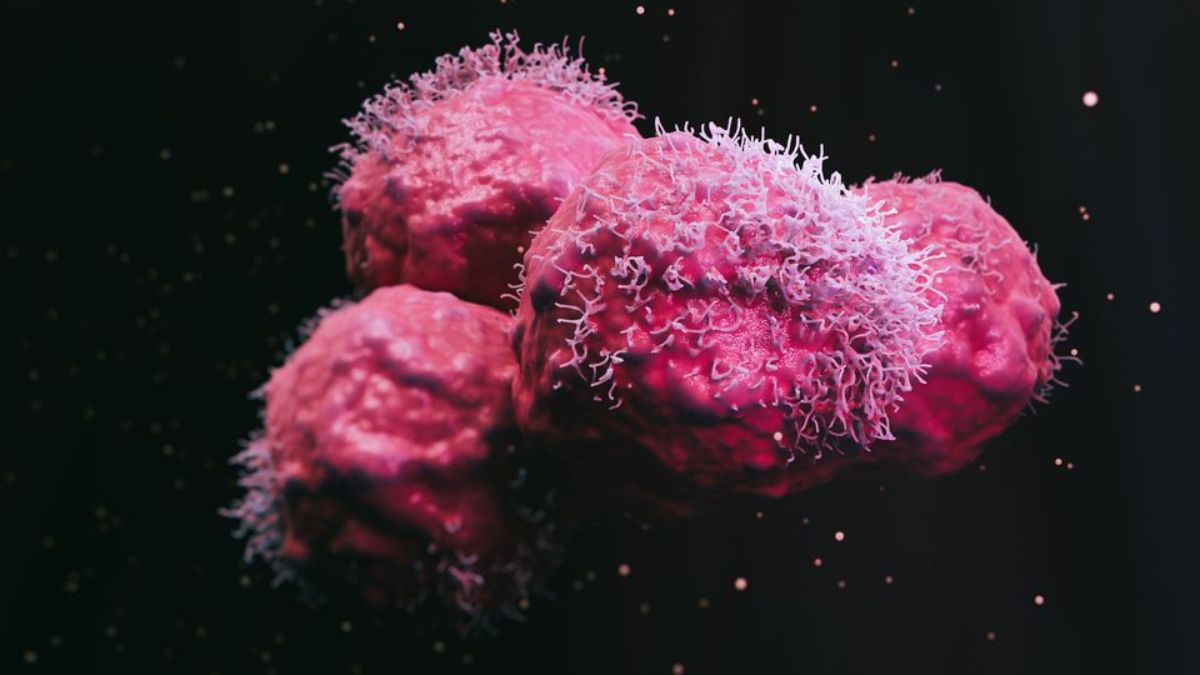Magnesium might be doing more for your health than you think—especially when it comes to gut health and colon cancer prevention. A new precision-based clinical trial from Vanderbilt University Medical Center has revealed that magnesium supplements may help boost gut bacteria that are linked to vitamin D synthesis and the inhibition of colorectal cancer.
Table of Contents
Interestingly, the most promising effects were seen in women, pointing to a possible link between magnesium, estrogen, and cellular uptake.
Discovery
In this study, researchers focused on how magnesium affects the gut microbiome and its ability to produce vitamin D locally—right inside your intestines. Unlike vitamin D that enters the bloodstream through sunlight exposure or supplements, this gut-synthesized version works in the digestive tract where it may help prevent cancer.
Magnesium’s role in boosting these vitamin D-producing bacteria might offer a new way to lower the risk of colorectal cancer. But it’s not as simple as taking a supplement—your genetics might play a role, too.
Genetics
The study looked at participants based on a genetic marker called the TRPM7 genotype. This gene regulates how your body absorbs magnesium and calcium. Some people have a version of this gene that works well; others don’t absorb these minerals as efficiently.
People with normal TRPM7 function showed the most benefit. After taking magnesium, they had an increase in two specific bacteria: Carnobacterium maltaromaticum and Faecalibacterium prausnitzii. These microbes are known for producing vitamin D in the gut and playing a protective role against colon cancer.
However, for those with poor TRPM7 function, the results were mixed. The magnesium supplement actually lowered the amount of F. prausnitzii in the rectal mucosa, which could potentially lead to unwanted effects.
Gender
Another fascinating result? The benefits of magnesium were mostly seen in women. Researchers suspect this has to do with estrogen. Estrogen can affect how magnesium is taken up by cells, which may explain why the supplements worked better in females.
This finding supports the idea that personalized nutrition—considering both gender and genetics—could be the key to effective cancer prevention strategies.
Gut
To measure the effect, researchers collected stool samples, rectal swabs, and rectal tissue from participants. They discovered that magnesium supplements helped increase beneficial bacteria directly in the gut. These microbes weren’t just floating around—they were active in the mucosa, the lining of the intestines, where colon cancer typically develops.
Here’s a quick comparison from the study:
| Group | Magnesium Effect on Bacteria |
|---|---|
| TRPM7-adequate (good function) | ↑ F. prausnitzii and C. maltaromaticum (beneficial) |
| TRPM7-inadequate (low function) | ↓ F. prausnitzii in rectal mucosa (potentially harmful) |
Risk
The study also tracked how participants fared over time. All of them had a history of colorectal polyps—noncancerous growths that can develop into cancer. After 3.5 years, 124 participants had follow-up colonoscopies.
The researchers found something surprising: those with higher levels of F. prausnitzii in their rectal mucosa were nearly three times more likely to develop new polyps. This challenges the usual assumption that more of a “good” bacterium is always better. It seems that balance—and perhaps location in the gut—is everything.
Future
So, what does this mean for the future of cancer prevention? For one, it shows the power of targeting specific nutrients like magnesium to modify the gut microbiome. But it also highlights the importance of understanding individual differences—like genetics and gender—when designing preventive strategies.
Researchers say the results could lay the foundation for a precision-based prevention strategy for high-risk individuals. In other words, your future cancer prevention plan might involve a genetic test, a custom supplement, and a gut microbiome check-up.
For now, it’s still early days. But these findings make it clear: magnesium isn’t just another mineral. It could be a key player in your gut’s defense system.
FAQs
What does magnesium do in the gut?
It boosts bacteria that synthesize vitamin D and may reduce cancer risk.
Who benefits most from magnesium?
Mainly females, possibly due to estrogen’s effect on magnesium uptake.
What is TRPM7?
A gene that helps regulate how magnesium and calcium are absorbed.
Does magnesium affect colon cancer risk?
Yes, it may lower risk by altering gut microbes tied to cancer prevention.
Is gut-made vitamin D the same as regular?
No, it works locally in the gut rather than circulating in the blood.

















